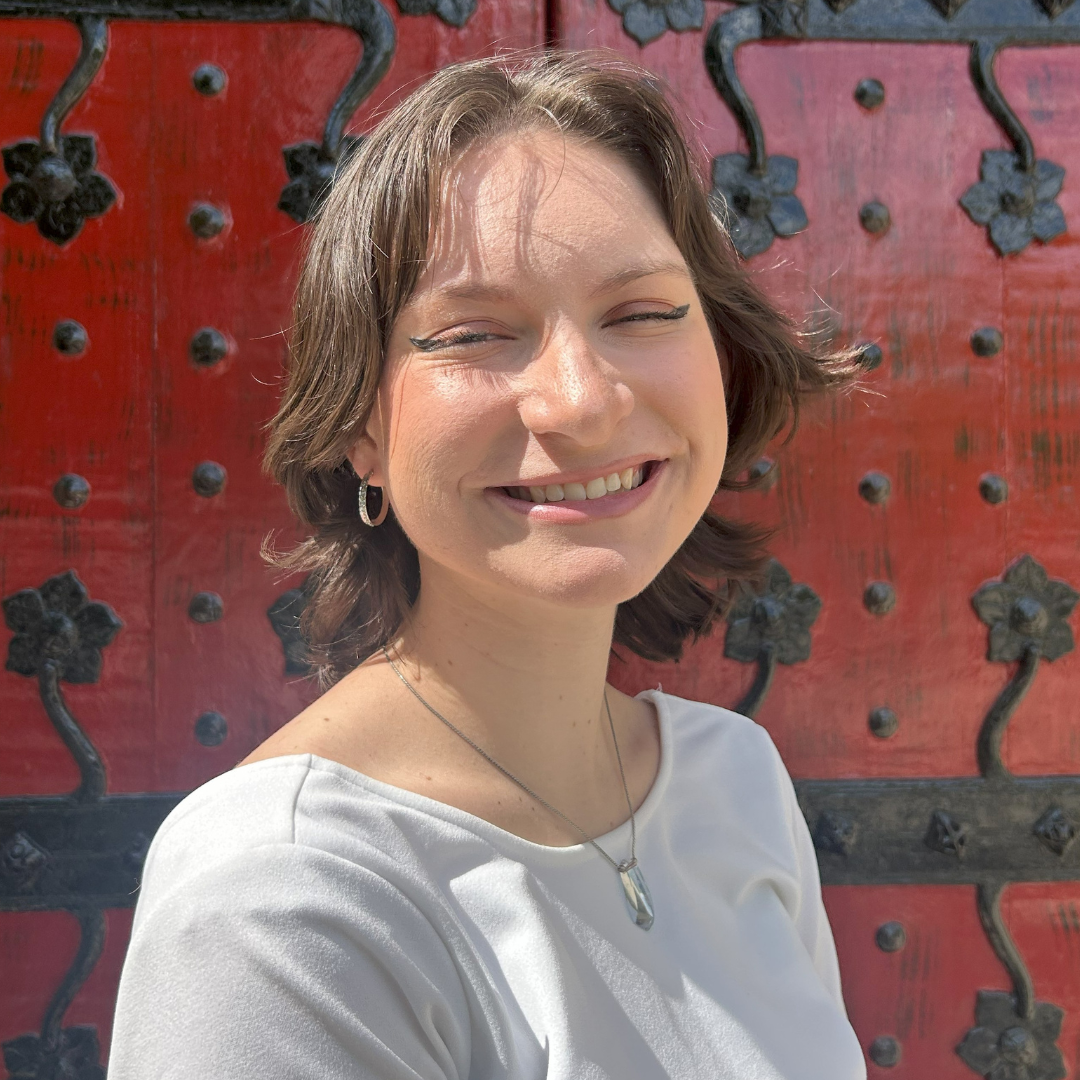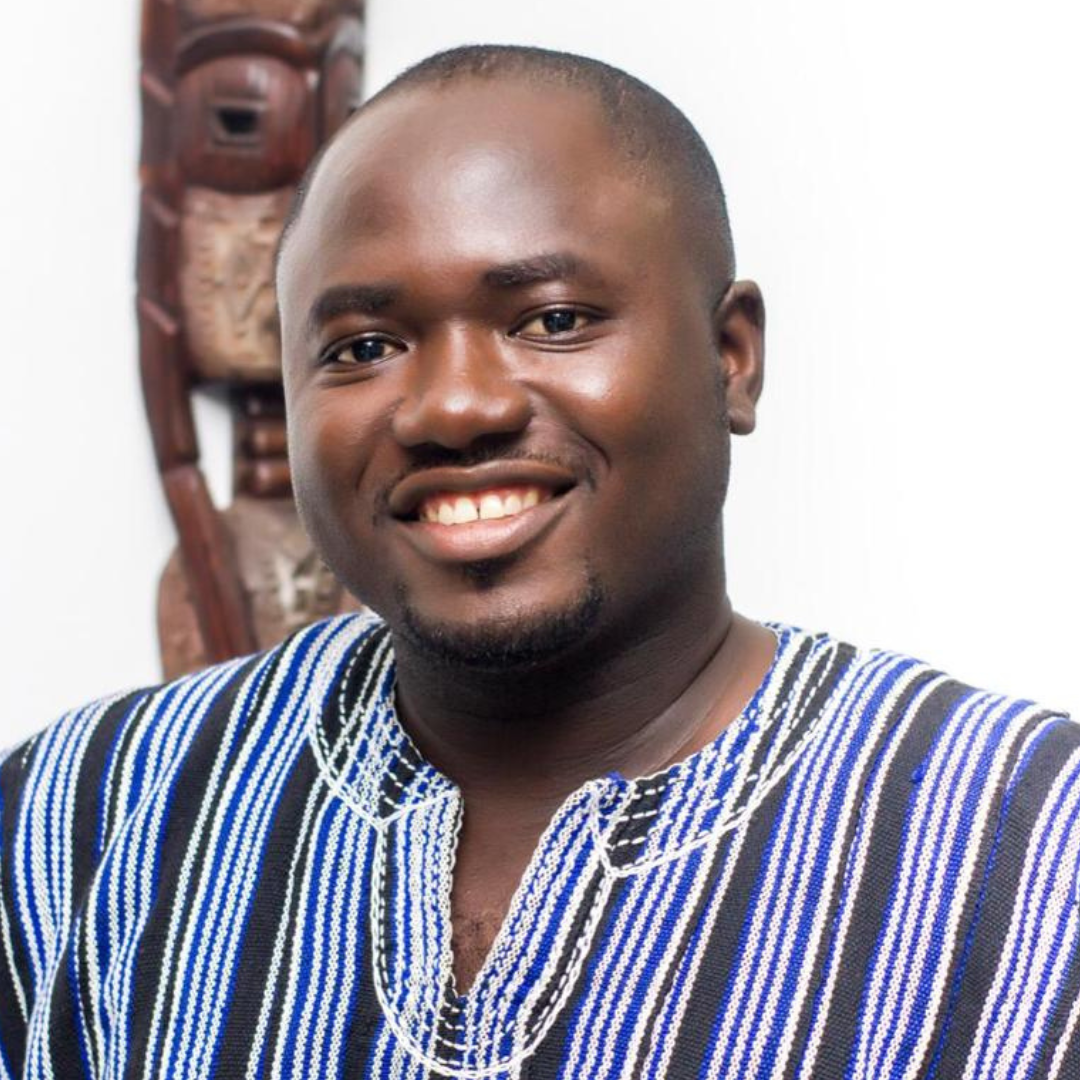We are excited and proud to share that our colleagues, Sommer Blair, Kayleigh Schaefer, Daniel Abusuampeh and Ron Idoko have just published a new article in The Urban Review which explores the Racial Equity Consciousness Institute! This important publication is led by students from the University of Pittsburgh's School of Social Work and Ron Idoko, Founding Director of RECI.
Article Title: "Learning from the Next Generation: Exploring Engagement and Insights from the Racial Equity Consciousness Institute"
Authors: Sommer C. Blair, Kayleigh E. Schaefer, Daniel K. Abusuampeh & Ronald O. Idoko
About: This qualitative study explores how undergraduate participants engage with the Racial Equity Consciousness Institute (RECI) and reveals four central themes: Openness, Objectivity, Operationalization and Optimism, that emerged from students' reflections. The findings offer valuable insight into how programs like RECI can foster meaningful racial equity learning through storytelling, empathy and self-awareness. Read the article here.
Learn more about the authors:

Sommer C. Blair, MSW, LISW-CP, is a Ph.D. candidate at the University of Pittsburgh School of Social Work, mentored by Dr. James Huguley. She is the founder of the Parenting for Racial Equity Project (PREP), which aims to assist White parents in raising critically conscious, anti-racist children through an ethnic-racial socialization intervention grounded in a critical consciousness framework. Sommer’s research explores how Whiteness can be confronted through White racial socialization, identifying effective strategies for White individuals to become engaged co-conspirators with marginalized racial groups.
Beyond PREP, her research examines White people’s roles in interracial spaces, particularly within multiracial families, social work education, and the American church. She is dedicated to understanding how those in the racial majority can be intentionally expansive in spaces, recognize their privilege, and contribute to dismantling systemic racism through research, policy, and practice. Her work is deeply rooted in community and activism, reflecting her commitment to social change and empowering marginalized communities.
Sommer earned her master’s in social work from the University of South Carolina, along with a graduate certificate in Drug and Addiction Studies. She also holds a graduate certificate in Community-Based Participatory Research and Practice from the University of Pittsburgh’s School of Public Health. Her practice experience includes direct case management and therapeutic services for children and families involved with child protective services, including roles as a therapist and foster care case manager.
Kay Schaefer is pursui ng a Master of Social Work degree after obtaining her Bachelor of Arts in Law, Criminal Justice, and Society at the University of Pittsburgh in 2025. She completed minors in Social Work and Sociology and achieved a certificate in Disability Studies. Last year, Kay studied abroad in London, where she argued English and American case law and embarked on an independent study of disability rights. Kay’s research interests include discovering solutions to the detrimental effects of mass incarceration with a focus on reentry and rehabilitation programs and uncovering how racial biases compromise the criminal legal system’s ability to deliver justice.
ng a Master of Social Work degree after obtaining her Bachelor of Arts in Law, Criminal Justice, and Society at the University of Pittsburgh in 2025. She completed minors in Social Work and Sociology and achieved a certificate in Disability Studies. Last year, Kay studied abroad in London, where she argued English and American case law and embarked on an independent study of disability rights. Kay’s research interests include discovering solutions to the detrimental effects of mass incarceration with a focus on reentry and rehabilitation programs and uncovering how racial biases compromise the criminal legal system’s ability to deliver justice.

Daniel K. Abusuampeh, a doctoral student at the University of Pittsburgh School of Social Work, holds a BA, MPA, and MSW from the University of Ghana. As an international Social Worker, Daniel is deeply committed to social justice and community empowerment.
Before embarking on his doctoral journey at the University of Pittsburgh, Daniel served as the Country Director, where he played a pivotal role in co-founding and managing an educational non-profit organization with a profound commitment to providing educational opportunities in Ghana. His core belief in the transformative power of education fuels his tireless efforts to create a world where children can flourish without encountering discrimination. His research focuses on systemic discrimination, examining the impact of formal education among students and addressing tribalism and decolonizing our way of thinking through cognitive behavioral training.
Daniel has spearheaded the establishment of the African Tribe Bridge Institute (ATBI). Working closely with the distinguished leaders of the Center on Race and Social Problems, Daniel is dedicated to advancing social justice and equity initiatives that resonate locally and globally. Daniel K. Abusuampeh's academic journey, fueled by his unwavering commitment to education and social justice, makes him an invaluable asset to the University of Pittsburgh School of Social Work and the broader community.
Research Interests
Developing Equity Consciousness
Transformative Educational Practice
Poverty and Inequality
Community Engaged Research, Organizing and Development
Ron Idoko is the Associate Director of the Center on Race and Social Problems at the University of Pittsburgh, where he manages day-to-day operations and directs strategic initiatives for one of the nation’s premier applied race research centers. These primarily focus on antiracism research, education, and praxis. Ron is also the founding director of the Racial Equity Consciousness Institute—an immersive platform that supports learners in developing their mindsets and capacities to deconstruct racism and cultivate racial equity.
Director of the Center on Race and Social Problems at the University of Pittsburgh, where he manages day-to-day operations and directs strategic initiatives for one of the nation’s premier applied race research centers. These primarily focus on antiracism research, education, and praxis. Ron is also the founding director of the Racial Equity Consciousness Institute—an immersive platform that supports learners in developing their mindsets and capacities to deconstruct racism and cultivate racial equity.
In his complementary role as the Director of the Office of Social Innovation at the University’s, David C. Frederick Honors College, Ron supports students in tackling systemic social inequities. His focus is on encouraging innovative solutions to drive social progress.
As a research assistant professor in the School of Social Work, Ron's research concentrates on the development and utilization of structured cognitive behavioral training frameworks to address racial biases and behaviors. His experience includes a tenure at the University's Office for Equity, Diversity, and Inclusion, where he worked on integrating diversity, equity, and inclusion into social and academic culture.